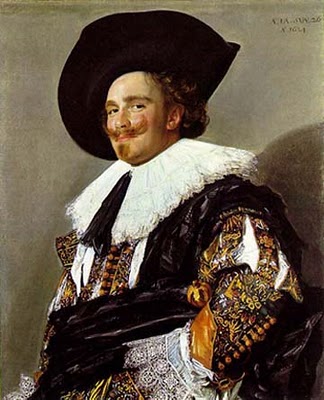|
Tudor and Stuart Index
There has never been a more dramatic time in the history of Box than the Tudor and Stuart period from 1485 to 1660. This period encompassed the Protestant Reformation, the English Civil War, massive inflation and population growth and the dawn of local authority in the village. It also included the enclosure of Box's Saxon fields and the first view we have of local tradesmen. We have some completely new discoveries and some new interpretations based on other local areas to tell the story of some of the most important moments in Box's history in an entirely new way. We hope you will enjoy the articles listed below. |
|
Article, Author and Issue
Ten Tudor & Stuart Mansions, Alan Payne, 11 Timeline, 1485 - 1714, Patty Baldwin, 11 Death at St Thomas à Becket, David Ibberson, 11 John Aubrey's Box, Alan Payne, 11 Webb Family at Coles Farm, David Rawlings, 11 Hugh Speke, Lord of Manor, Alan Payne, 12 Walter Bushnell: Rise, Fall and Rise , David Ibberson, 12 Your Area in 1626, Alan Payne, 12 Reformation in Box, Alan Payne, 12 |
Article, Author and Issue
Box Revels History , Alan Payne, 13 Importance of Religion, Alan Payne, 13 Tudor Local Government in Box, Claire Dimond-Mills, 13 Ordinary People, Alan Payne, 13 Box in Civil Wars, 1642 - 1651, Alan Payne, 14 Wolf Hall and Box, Verity Jeffery, 14 Marsh Family, Janet Gale, 14 People During Civil War, David Ibberson, 14 |
This part of Box's history is not just the story of the nobility and their houses. Mostly it is about the ordinary people of Box, who, by and large, left little written record. Much of the detail has to be reconstructed from outcomes and inferences. We welcome all corrections and challenges in order to develop this fascinating part of Box's history.
We have included some quotes from the King James Bible of 1612 and they show how the words of this version of the Bible have become part of our national identity and our everyday language.Many of these phrases were written by William Tyndale in the 1520s, including "The powers that be", "Let there be light", "The spirit is willing", "Filthy lucre" and "Eat, drink and be merry".
They were revolutionary words when first published in 1534 and Henry VIII forbade labourers and non-gentlewomen to read them in 1543. When this version was first introduced into St Paul's Cathedral, a public reading of the whole text began spontaneously because it was so novel. We hope that you might enjoy some of the newly discovered Tudor and Stuart history of Box in a similar way. But please feel able to let us have your views whatever they might be.
We have included some quotes from the King James Bible of 1612 and they show how the words of this version of the Bible have become part of our national identity and our everyday language.Many of these phrases were written by William Tyndale in the 1520s, including "The powers that be", "Let there be light", "The spirit is willing", "Filthy lucre" and "Eat, drink and be merry".
They were revolutionary words when first published in 1534 and Henry VIII forbade labourers and non-gentlewomen to read them in 1543. When this version was first introduced into St Paul's Cathedral, a public reading of the whole text began spontaneously because it was so novel. We hope that you might enjoy some of the newly discovered Tudor and Stuart history of Box in a similar way. But please feel able to let us have your views whatever they might be.
